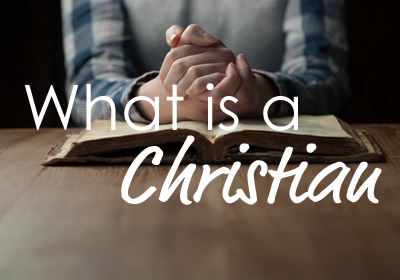Last week’s sermon passage (Heb 8) outlined the wonders of a God who would covenant himself to his people. A simple definition of a covenant is ‘a legally binding relationship’, in which all parties promise to uphold their obligations, under the threat of sanctions. God makes 5 covenants with his people in the OT: Adam (though The Adamic covenant is debated among scholars), Noah, Abraham, Israel and David.
Now you could describe the divine-human covenants in the Bible as less of an equally binding relationship and more as an opportunity for God to pour out his enormous blessing upon his people. He blessed Adam with paradise, Noah with salvation from the flood, Abraham with descendants, land and ‘blessing’, Israel with the Exodus and Promised Land, and David with an enduring dynasty.
Yet each of these covenants required a response from humans. Adam was not to eat from the tree, Noah was to build an Ark, Abraham was to ‘go’, ‘walk before me’ and circumcise all males in his household, Israel was to follow the OT Law, and David was to ‘walk before me’.
If you want to understand how God deals with his people in the Bible, just think of ‘grace and response’. All 5 of these covenants however are simply steps in the one big Old Covenant, or Old Testament as we call it today. Yet as we read last week, Jer 31 said that covenant needed replacing.
The author of Hebrews then outlined what is so ‘new’ about the new covenant. Through Jesus’ death, God promises his people to ‘forgive their wickedness and remember their sins no more’ (Heb 8:12). This complete freedom means God’s laws are no longer a burden, through a constant cycle of failure and sacrifice, they are a joy (i.e. written on our hearts – Heb 8:10). May we all follow God’s laws with joy, to please the one who gave His all for me!






